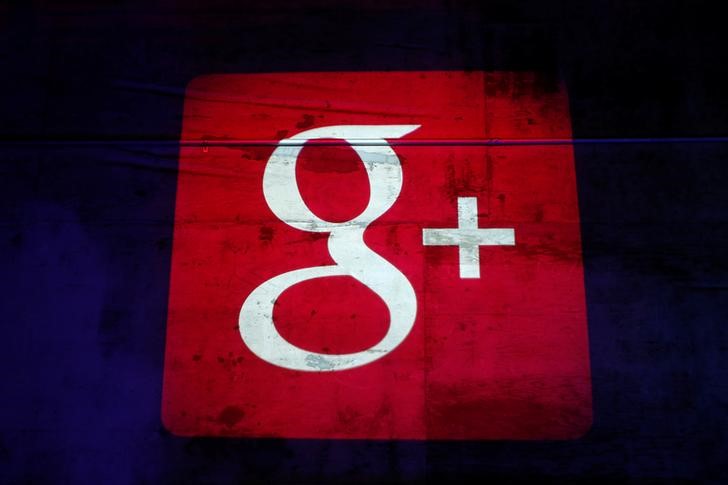Alphabet (NASDAQ:GOOGL), the parent company of Google, shares experienced a decline of 1.3% in premarket trading following a court ruling in an antitrust case against Fortnite maker Epic Games Inc.
The jury said that Google “maintained monopoly power by engaging in anticompetitive conduct.”
The court decision is a result of a multi-year court battle after videogame maker Epic filed a lawsuit against the search giant in 2020, accusing it of leveraging its dominant position to extract excessive profits from app developers.
“Android and Google Play provide more choice and openness than any other major mobile platform,” said Wilson White, a Google vice president for government affairs and public policy.
“We will continue to defend the Android business model and remain deeply committed to our users, partners and the broader Android ecosystem.”
The court's decision could potentially disrupt the mobile app economy and has the potential to result in significant revenue losses for Google, possibly amounting to billions of dollars.
The ruling suggests that Google may need to open its Android operating system to other app stores. This contrasts with a previous outcome in the Epic v. Apple (NASDAQ:AAPL) case, where only Apple's anti-steering provisions were deemed anti-competitive, but not its app ecosystem.
As a consequence of this decision, shares in companies such as Match and Bumble, which could benefit from a more open Android system, saw gains in the market.
“Today’s verdict is a win for all app developers and consumers around the world,” Epic wrote in a blog post on Monday after the verdict. “It proves that Google’s app store practices are illegal and they abuse their monopoly to extract exorbitant fees, stifle competition and reduce innovation.”
Companies currently pay Apple (AAPL) and Google about 30% take rate of consumer spending for payment processing, customer service, security, and hosting
“While we expect appeals, it's a potential turning point for game companies to better market content, and process their own payments for reduced take rates and better margins,” analysts at Jefferies said in a note.
“We say potential as we expect appeals to be filed and the Supreme Court decision to be the next catalyst.”
